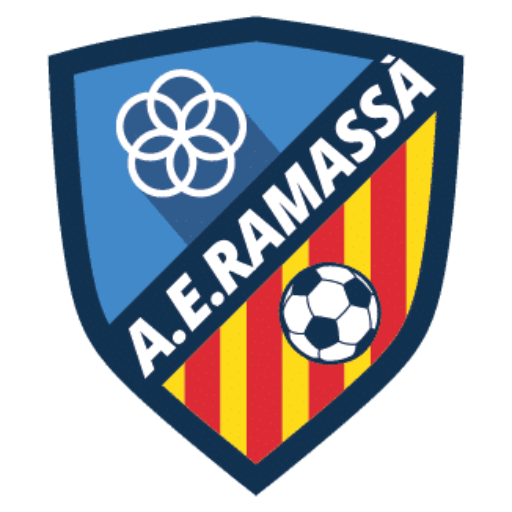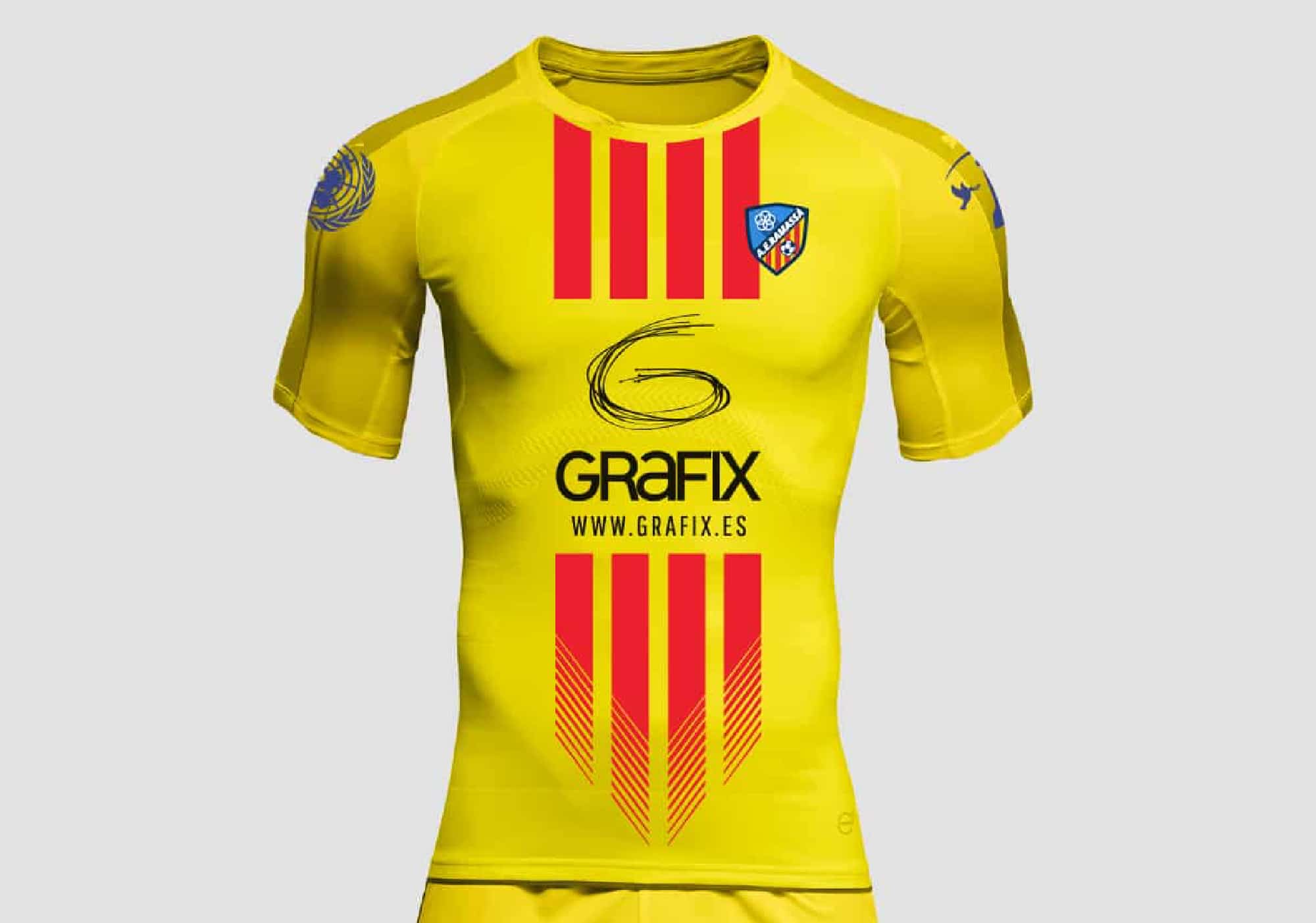
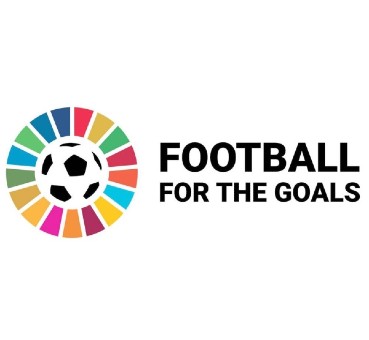
Football for The Goals is a United Nations initiative that provides a platform in the world football community to commit to and defend sustainable development goals (SDGs). It is an opportunity to take advantage of the magnitude of football to work together to be agents of change aligning messages, strategies, and operations with the aspirations of SDG.
Football for Goals seeks to inspire and guide the world of football, from base clubs to international federations, to take advantage and improve sustainability approaches in football and implement strategies that benefit the SDGs that lead to behavioral changes.

The common objective is based on the belief that the most popular sport in the world is one of the few strong cultural forces to help change society to a more sustainable and equitable future for everyone. Its objective is to maximize the contribution of the game to people and the planet forging a lasting connection between football and football as a catalyst for social transformation.
Mobilize to the football industry to compromise a minimum of 1% of all income to promote progress towards the SDGs. The common objective is associated with high-impact community organizations to remodel society on an equitable playing field for all.
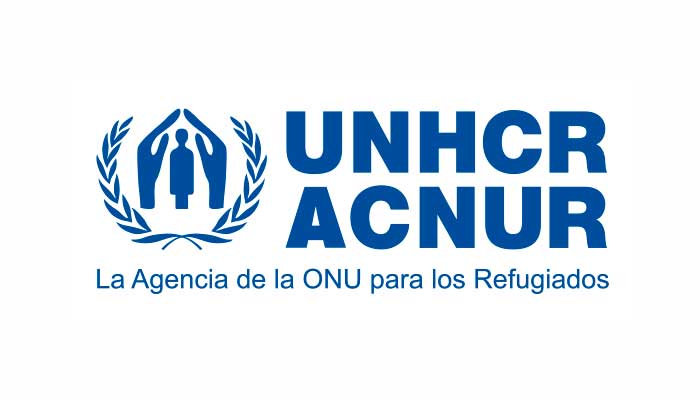
Red-fugiadas
We are also part of Red-fugiadas, a national network of associations led and co-led by refugees and stateless persons. This network, which includes more than 60 associations across Spain, led by and for people of different ages, genders, and diverse groups, facilitates dialogue between its members and UNHCR through regular meetings. It promotes networking and combines efforts to achieve strategic objectives that address the challenges, needs, and interests of refugees and stateless persons in Spain.
A.E Ramassà, team ambassador of the United Nations Sustainable Development Goals (SDG)
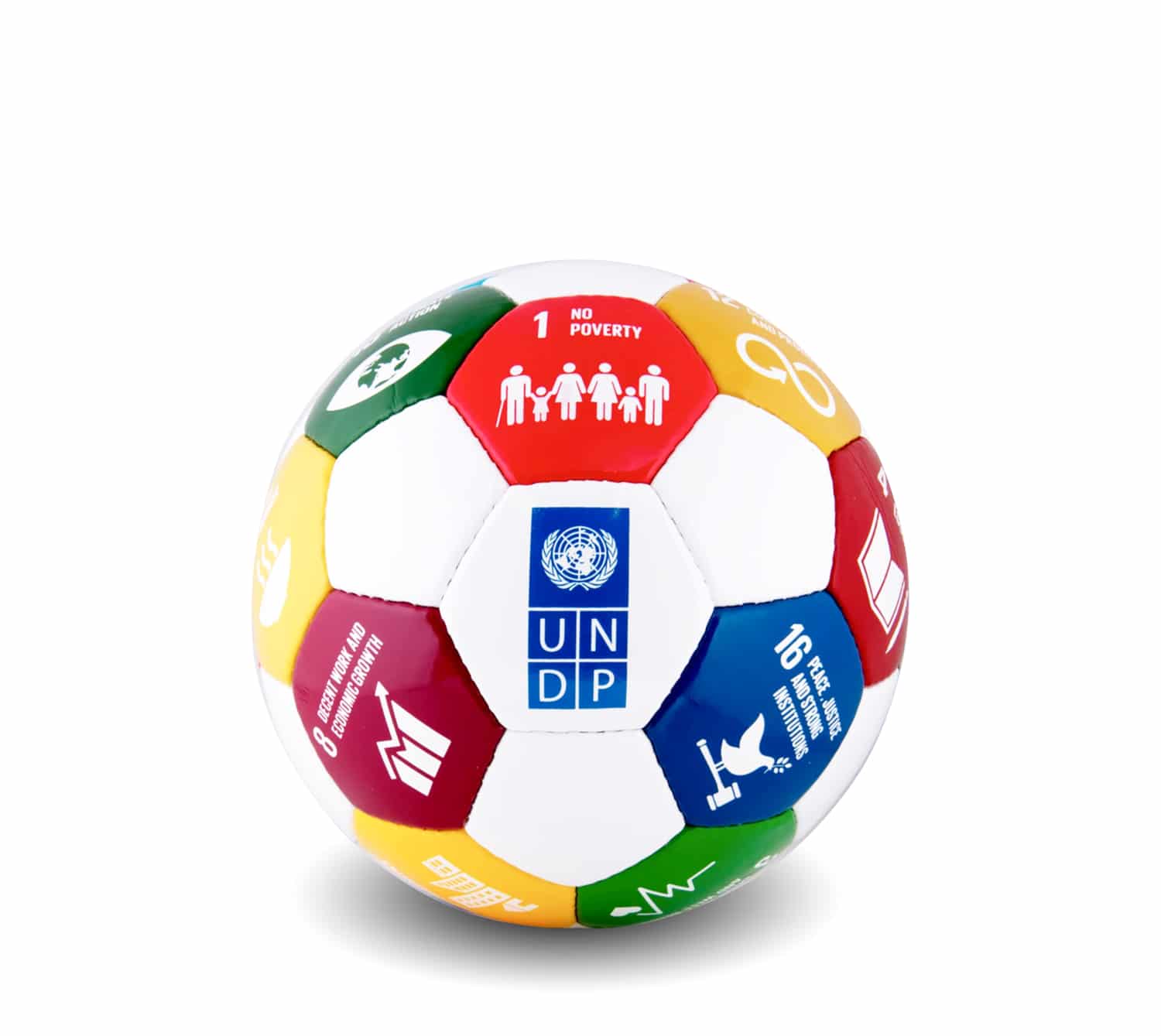
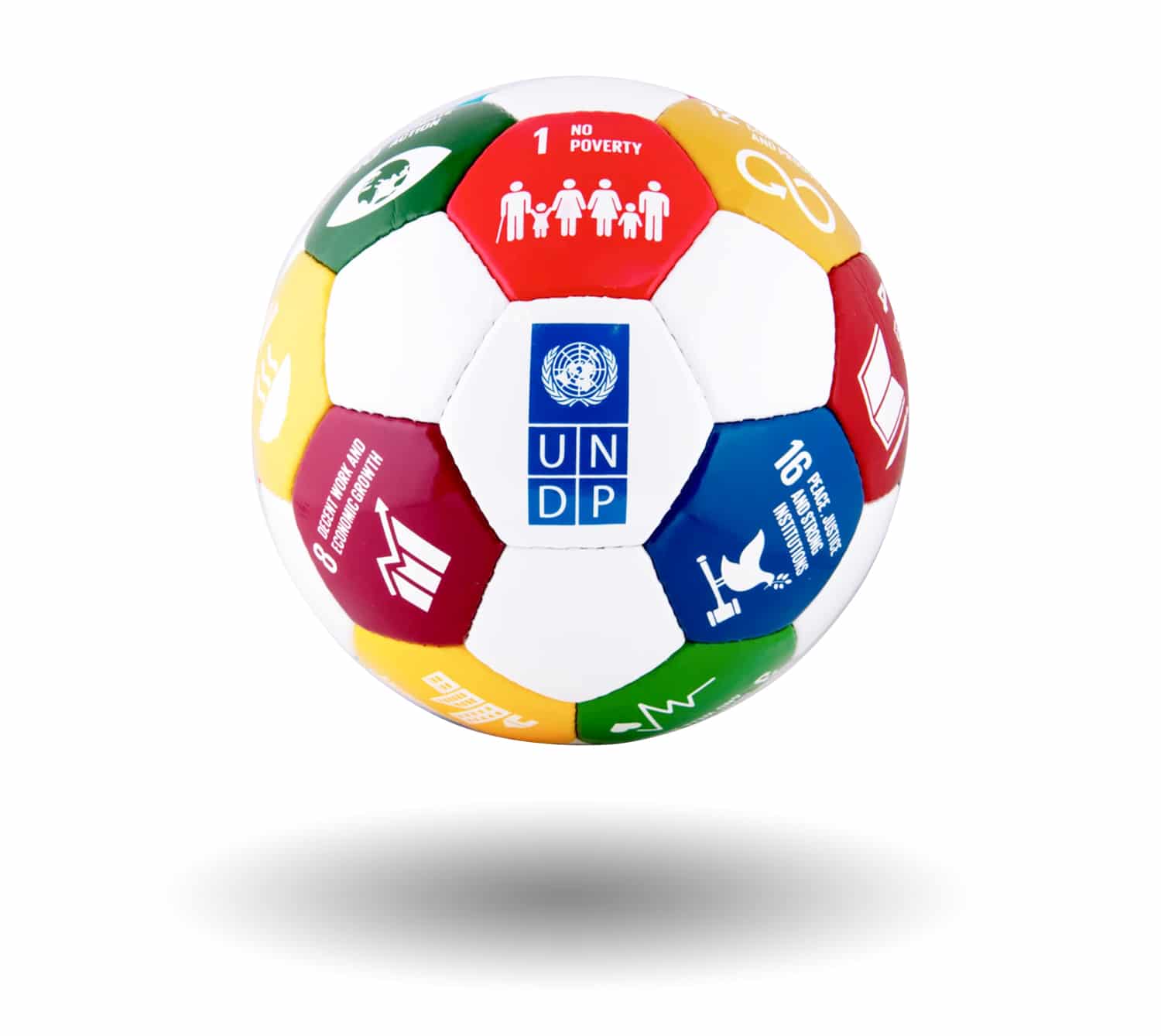


The 25th September 2015 The General Assembly of The United Nations approved the 2030 Agenda for Sustainable Development, along with the goals of eradicating poverty, fighting against inequality and injustice and stopping climate change among others. This agenda embodies global development action up until 2030, and along with the other global agendas,
a protocol has been drawn up in order to reach a common goal: global sustainable development.
The 2030 Agenda is an integral and multidimensional agenda – referring to the three dimensions of sustainable development (economic, social and environmental) – and is universally applied, and it is deployed using a system of 17 sustainable development goals, through which the biggest global challenges such as the fight against poverty, climate change, education, health, gender equality, peace and sustainable cities are all addressed. Each SDG includes different goals (169 in total) which contribute to achieving the goal.
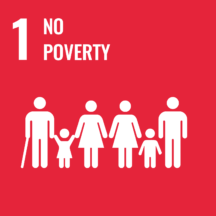

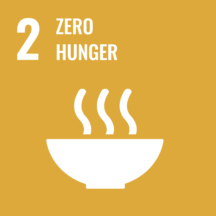

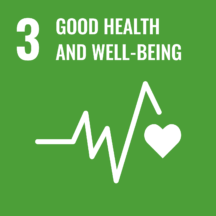

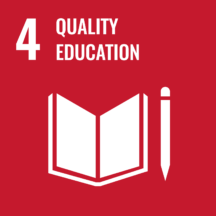

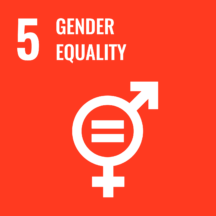

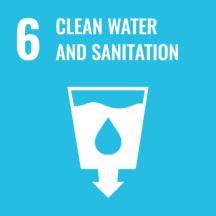

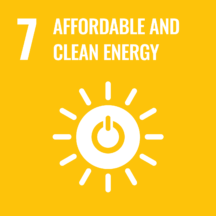

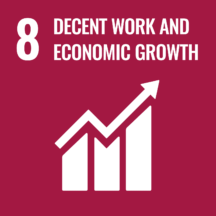

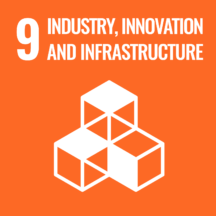

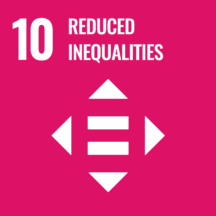

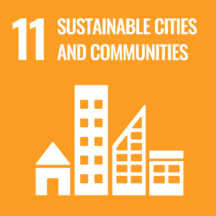

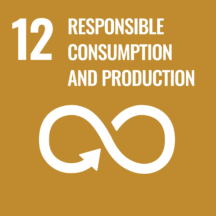

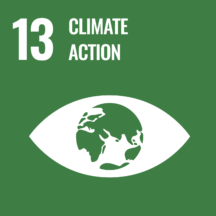

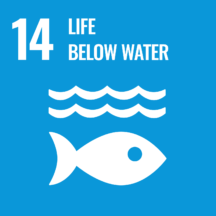

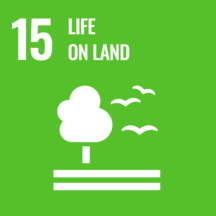

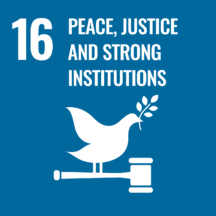

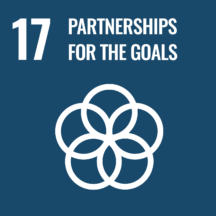



If you want to find out more about the UN’s SDG, check out the following websites::
SDG
A.E Ramassà, team ambassador of the United Nations Sustainable Development Goals (SDG)






The 25th September 2015 The General Assembly of The United Nations approved the 2030 Agenda for Sustainable Development, along with the goals of eradicating poverty, fighting against inequality and injustice and stopping climate change among others. This agenda embodies global development action up until 2030, and along with the other global agendas,
a protocol has been drawn up in order to reach a common goal: global sustainable development.
The 2030 Agenda is an integral and multidimensional agenda – referring to the three dimensions of sustainable development (economic, social and environmental) – and is universally applied, and it is deployed using a system of 17 sustainable development goals, through which the biggest global challenges such as the fight against poverty, climate change, education, health, gender equality, peace and sustainable cities are all addressed. Each SDG includes different goals (169 in total) which contribute to achieving the goal.
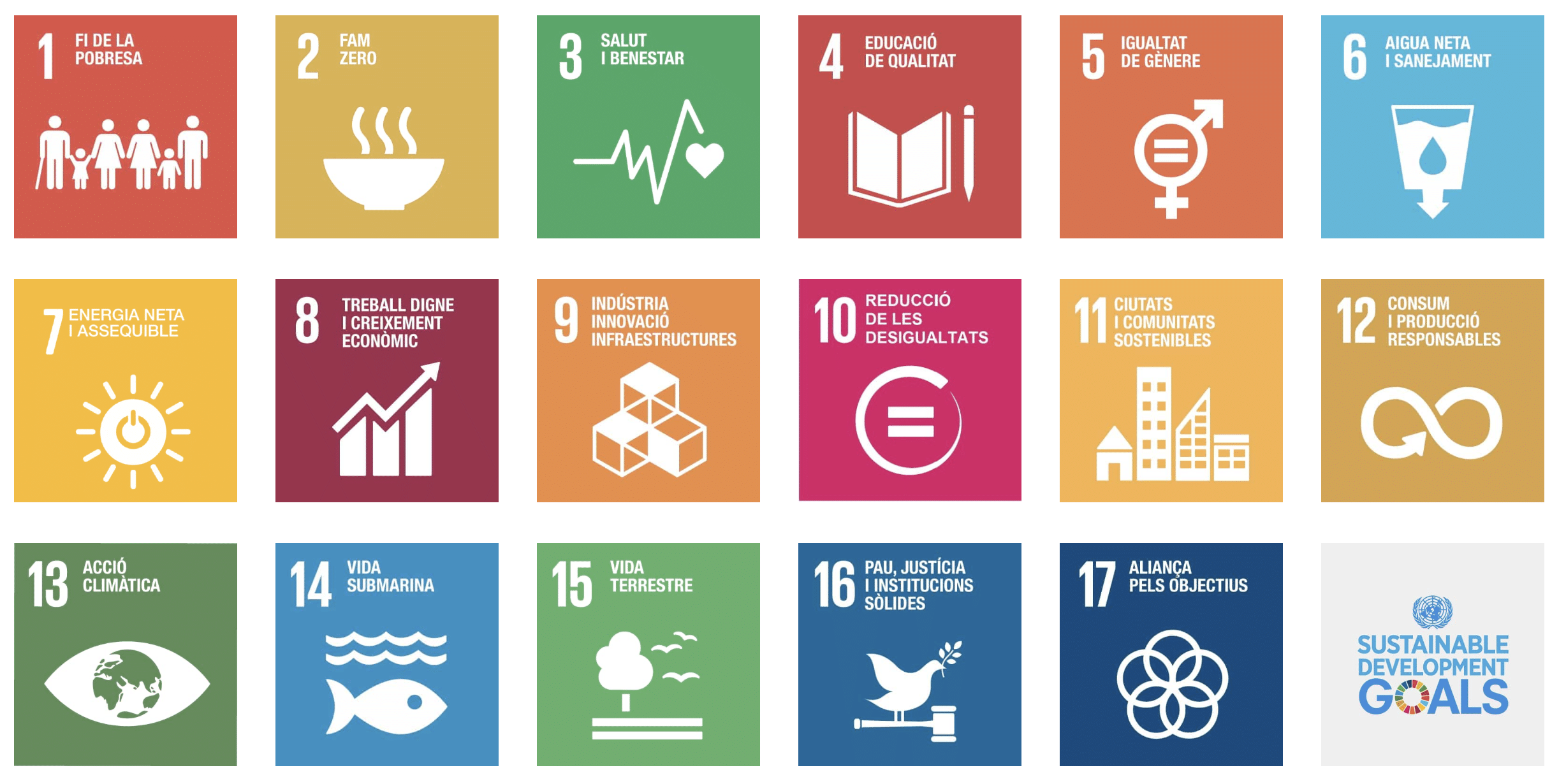

The SDG logo is proudly worn on the team’s football kit.
The SDG and United Nations logo is proudly worn on A.E. Ramassà’s football kit, celebrating their role as ambassador of the 2030 Agenda Goals.
If you want to find out more about the UN’s SDG, check out the following websites::
